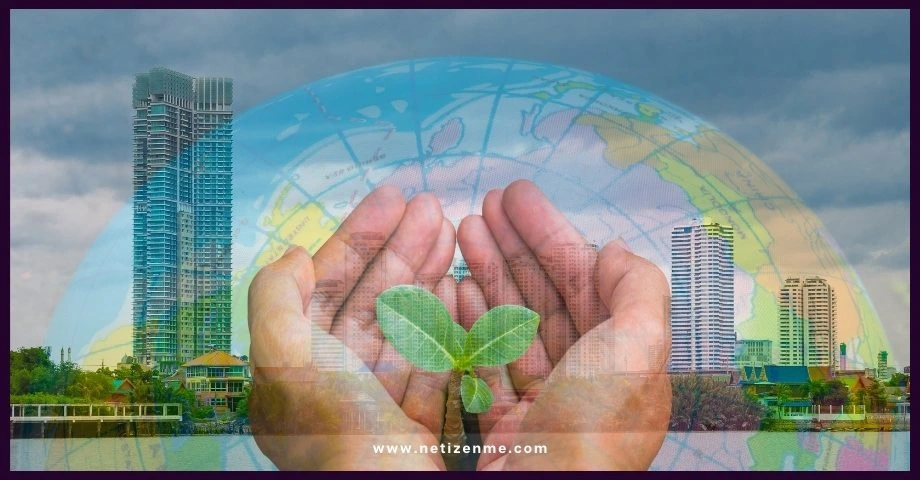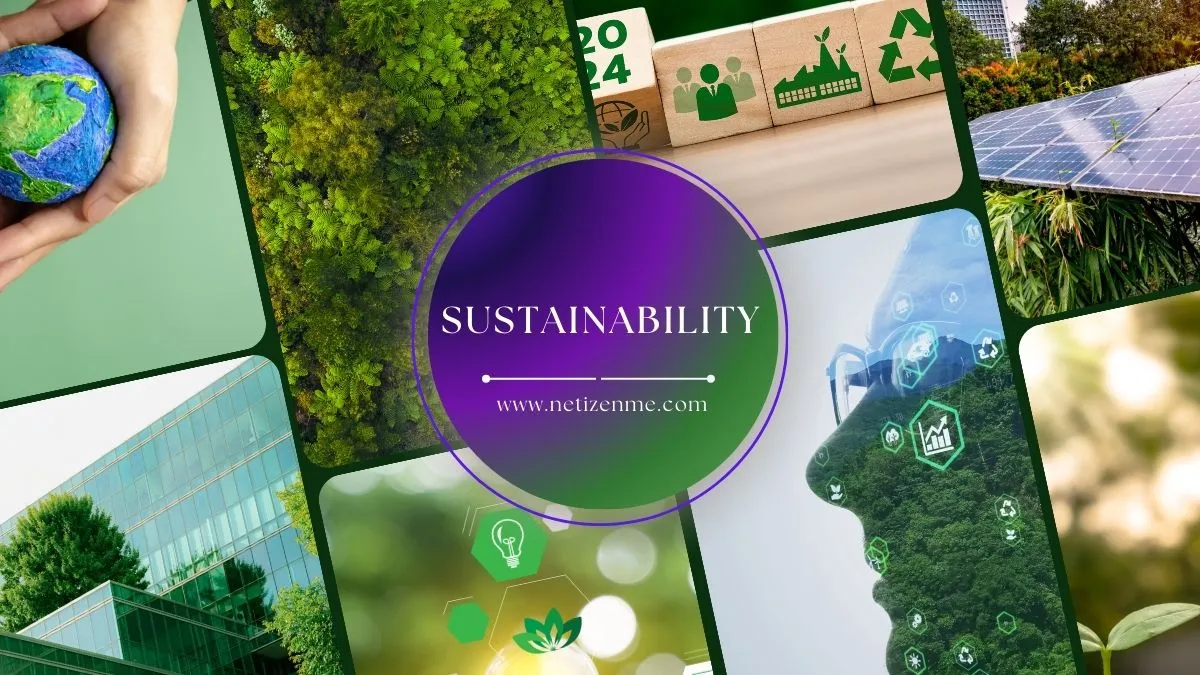Sustainability is a complex and multifaceted concept defined and bounded in various ways by different disciplines and fields of study. In general, sustainability refers to the ability of human societies to meet their needs in the present without compromising the ability of future generations to meet their own needs.
Sustainability scientists, who study the interactions between human societies and the natural environment, define and bind sustainability in several key ways.
Sustainability is often defined in terms of three key pillars.
First, sustainability is often defined in terms of three key pillars: economic, social, and environmental sustainability. Economic sustainability refers to the ability of human societies to maintain and improve their economic well-being over time, while social sustainability refers to the ability of human societies to meet the basic needs of all members and to maintain social cohesion and well-being. Environmental sustainability refers to the ability of human societies to maintain and improve the health and integrity of the natural systems that support life on Earth.
Planetary boundaries often bound sustainability.
Second, sustainability is often bounded by planetary boundaries, which are thresholds or limits beyond which the Earth’s natural systems may become destabilized and unable to support human societies. These boundaries include limits on climate change, land-use change, biodiversity loss, and other environmental factors.
Sustainability is often defined in terms of the concept of sustainable development.
Third, sustainability is often defined in terms of the concept of sustainable development, which refers to the ability of human societies to meet their needs in the present without compromising the ability of future generations to meet their own needs. The United Nations’ 1987 Brundtland Report defined sustainable development as “development that meets the needs of the present without compromising the ability of future generations to meet their own needs.”
Sustainability is often defined in terms of the concept of resilience.
Finally, sustainability is often defined in terms of the concept of resilience, which refers to the ability of human societies and natural systems to withstand and adapt to change and disturbances. Resilience is critical to sustainability, as it allows human societies and natural systems to adapt and survive in the face of changing conditions and disturbances.
In summary, sustainability is a complex and multifaceted concept defined and bounded in various ways by different disciplines and fields of study. Sustainability scientists define it as the ability of human societies to meet their needs in the present without compromising the ability of future generations to meet their own needs, bounded by the concept of planetary boundaries and sustainable development. Also, it is defined in terms of resilience which is the ability of human societies and natural systems to withstand and adapt to change and disturbances.
- City of Curitiba: A Model of Sustainable City Growth and Quality Urban Planning

- Why Sustainable Tourism is more important than ever now

- Is Consuming Organic Food Good for Health or The Environment?

This article is written by:
Our professional writers and editors are passionate about sharing high-quality information and insights with our audience. We conduct diligent research, maintain fact-checking protocols, and prioritize accuracy and integrity to the best of our capacity.
You can cite our articles under the author name "Netizenme"







